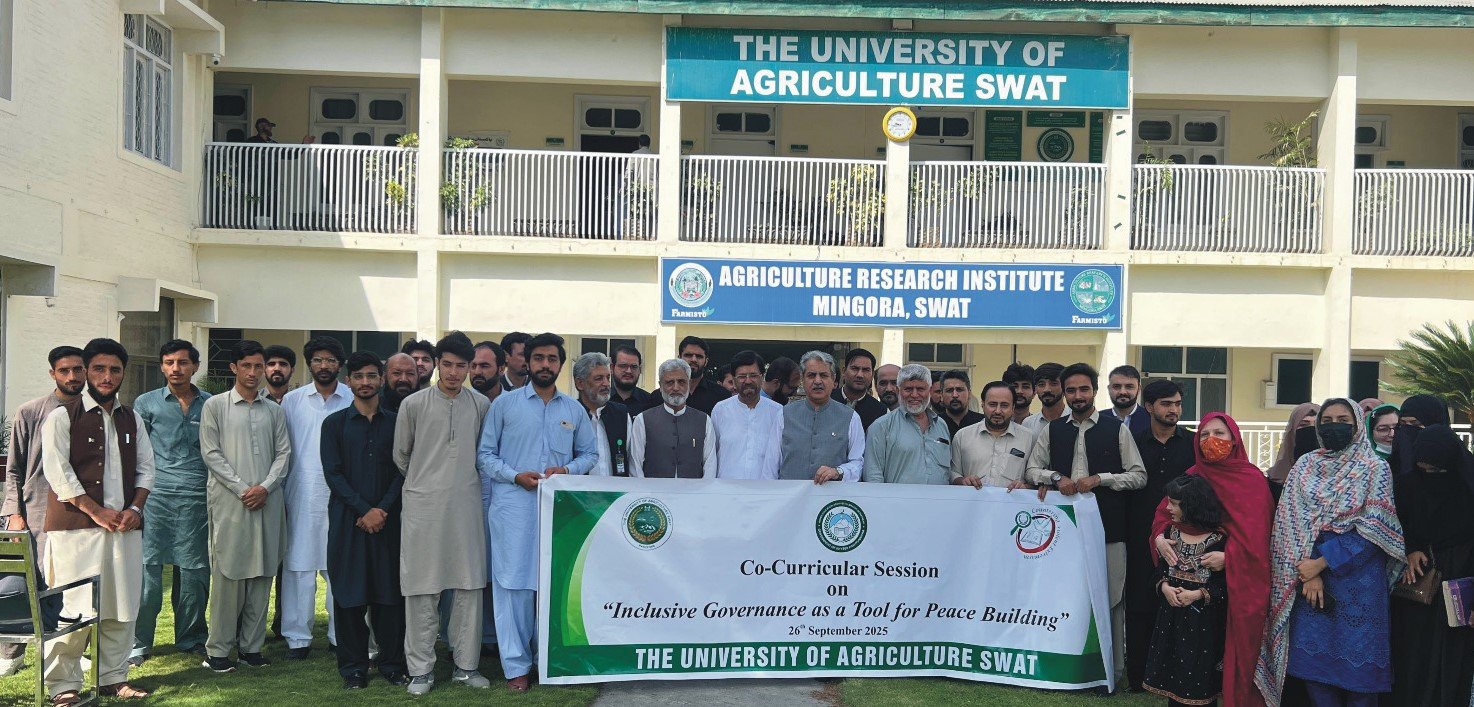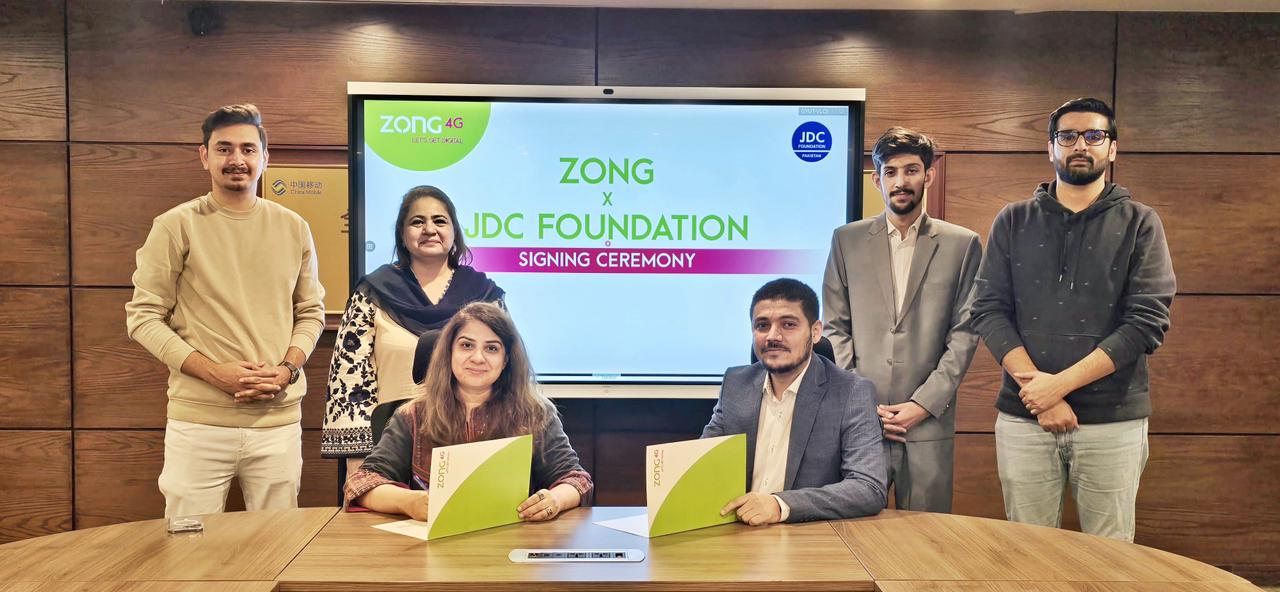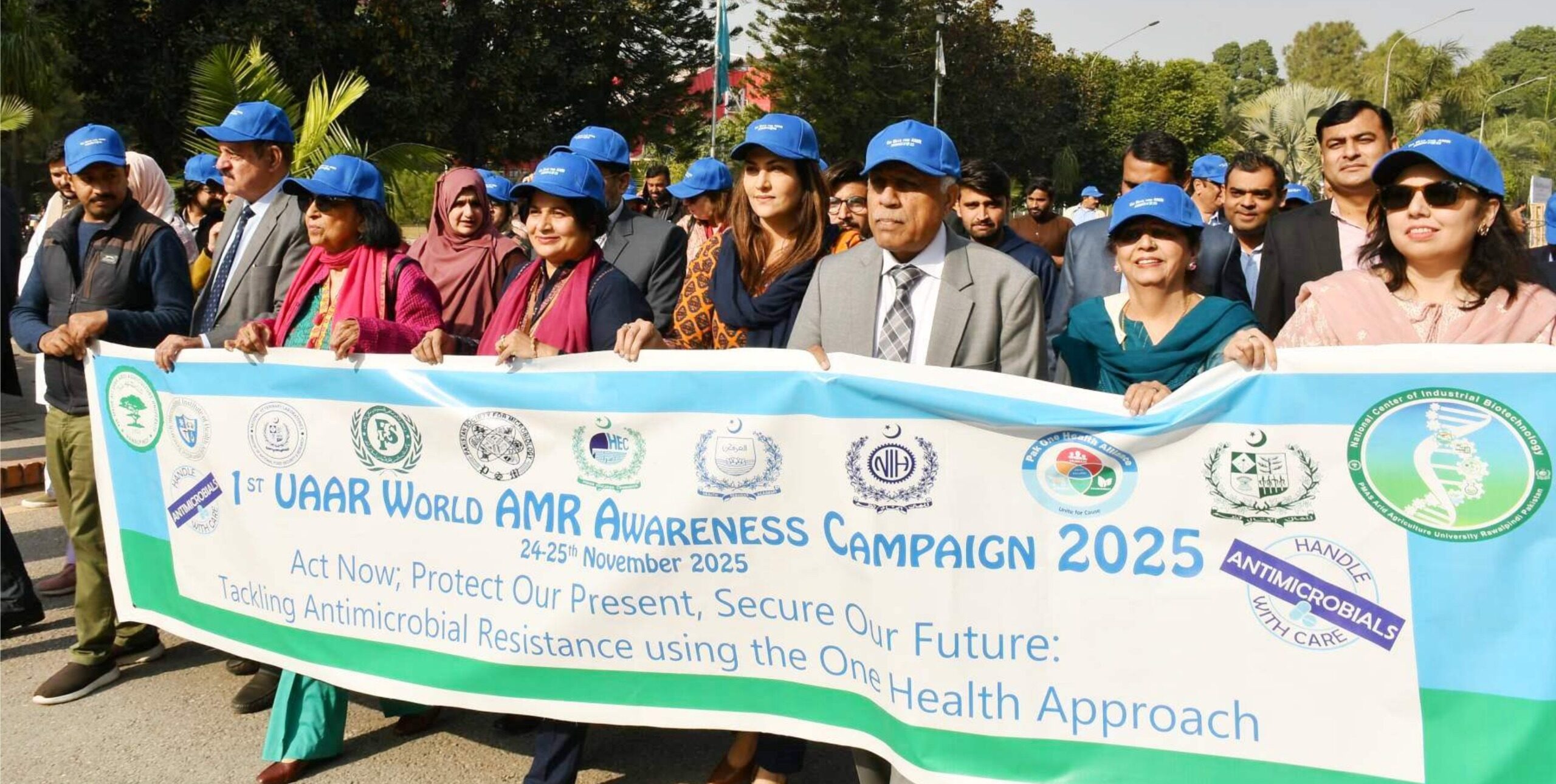SWAT (SYED SHAHABUDDIN): The University of Agriculture Swat (UoAS) hosted a one-day session titled “Inclusive Governance as a Tool for Peace Building” at its conference hall on Friday, September 26, 2025. The Higher Education, Archives and Libraries Department and the KP Centre of Excellence on Countering Violent Extremism organized the event.
The program opened with a recitation of the Holy Quran. Speakers then highlighted the role of inclusive governance for peace building in modern society. Vice Chancellor Prof. Dr. Dawood Jan attended as chief guest and joined faculty, staff, and students.
Mr. Akbar Khan, Advisor for Establishment and Finance at UoAS, delivered the first presentation. He traced governance from its historical roots to modern models. He explained principles such as transparency, inclusiveness, human rights, and the rule of law. Moreover, he argued that accountability remains key to sustainable progress. Additionally, he urged students to learn about participatory decision-making.
Then Prof. Dr. Farman Ullah focused on peace. He linked its principles to Quranic teachings and practical governance. He also explained how inclusive governance for peace building fosters justice, social harmony, and long-term stability. Furthermore, he recommended community dialogue and local participation in policy processes.
In his closing remarks, Vice Chancellor Prof. Dr. Dawood Jan praised the organizers and speakers. He stressed that peace and governance must reinforce each other. Moreover, he highlighted justice, fair resource distribution, participation, dialogue, and informed decision-making. He added that youth engagement remains central to sustaining reforms.
Stage secretary Dr. Fazli Wahid thanked the Vice Chancellor, speakers, faculty, staff, and students for their cooperation. Refreshments followed and participants took a group photo. The team also shared session materials and contact information for follow-up work.
This session reflected UoAS’s commitment to raising awareness about inclusive governance for peace building. In addition, such events strengthen youth engagement in governance matters. They also support national efforts to counter extremism by promoting dialogue and tolerance. Consequently, university-led initiatives can bridge gaps between communities and policymakers.
Moreover, the seminar came at a time when Pakistan faces multiple challenges. These include social tensions, resource pressures, and emerging security concerns. Therefore, discussions on governance and peace take on added urgency. In short, higher education institutions can foster resilience through informed dialogue and community outreach.






